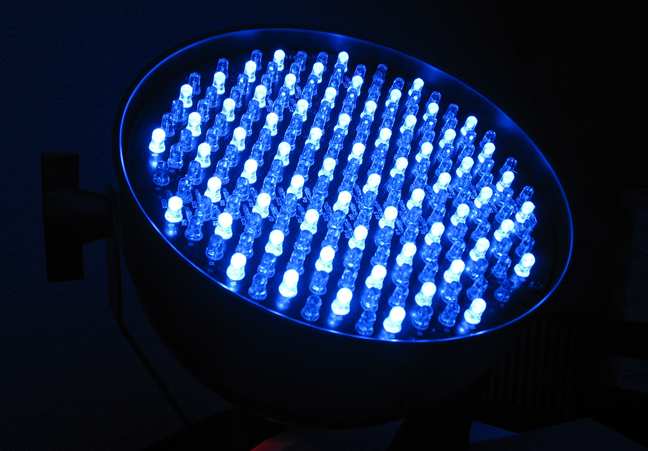The US Department of Energy in collaboration with the National Academy of Sciences has been testing LEDs over the last few years. In a project that now consists of three parts, they have finished their final stage of testing. This third part involved the testing and disassembly of 22 lamps for 17 potentially toxic elements.

Source Commons Wiki
This testing evaluated product waste that could exceed governmental guidelines for hazardous waste. To fully test the toxicity of the aftermath of these products, the 22 lamps were ground to expose all possibly toxic materials. Keep in mind this is no small report, in fact just the part 3 of this project consists of 211 pages.
The DOE's testing concluded that (to sum it up) there is no reason to be alarmed or stop production and they are about as safe as cell phones and the benefits of LED lighting outweighs "any other lifecycle issues". ?Listed below is LEDs Magazine's?detailed?summary:
"Results from the final report reveal that the destructed LED lamps are generally below US restrictions on toxic elements. Most did exceed California standards for either copper, zinc, antimony, or nickel.?The problematic parts of LED lamps, and legacy lamps, were generally items such as screw bases, ballasts, and even filaments – none of which were related to the packaged LEDs. The report concluded that LED lamps had concentrations typical of other electronics such as cell phones.
The first two reports had concluded that LED lamps have far less impact on the environment than do incandescent lamps and slightly less than compact fluorescent lamps (CFLs). The energy savings afforded by LEDs during operation overwhelmingly outweighs any other lifecycle issues. And the LED advantage will increase as the technology continues to improve. Part 3 suggests that there is no toxicity issue that should preclude usage."





